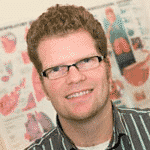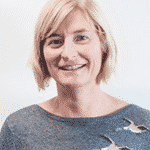The Cerebellum is most commonly known for its role upon regulating rate, rhythm, force and accuracy of movement. However its role is by no means limited to motor control and it is the aim of our conference to further expand our knowledge on the varying roles of the Cerebellum and how it integrates with the following:
- Visual system
- Cognition
- Sensory Processing
- Language Processing



